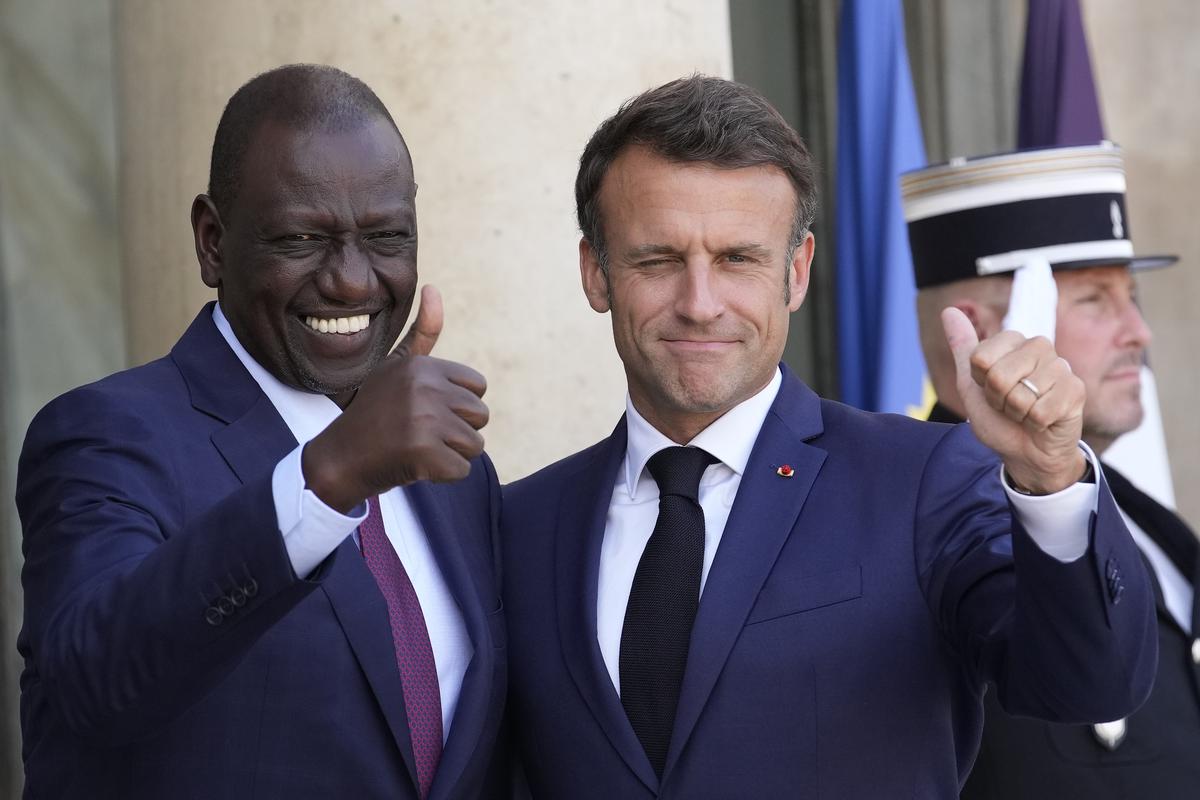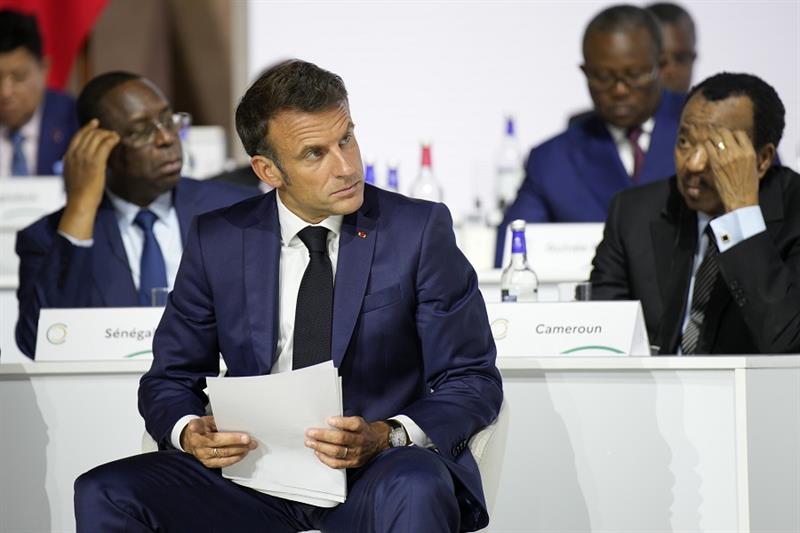
French President Emmanuel Macron recently announced a significant breakthrough in the efforts to reform global financial bodies. Following a summit of around 40 heads of state and government in Paris, Macron stated that there was a “complete consensus” among the participants to make these institutions “more efficient, fairer, and better suited to the world of today.” This development marks a pivotal moment in addressing the challenges and shortcomings of global financial governance. In this article, we will delve into the key points discussed at the summit and explore the potential implications of these reforms.
Table of Contents
- Introduction
- The Need for Reform
- Enhancing Efficiency
- Promoting Fairness
- Adapting to the Modern World
- Conclusion
- Frequently Asked Questions
Introduction
In an era of increasing interconnectedness and global challenges, the effectiveness of global financial bodies such as the World Bank and International Monetary Fund (IMF) becomes crucial. Recognizing the pressing need for change, leaders from across the globe convened in Paris to discuss reforms that can ensure these institutions are better equipped to address the needs and realities of the contemporary world.
The Need for Reform
The existing global financial bodies have been instrumental in providing financial assistance, fostering development, and maintaining stability. However, they have faced criticism for being slow, bureaucratic, and unresponsive to the evolving needs of economies worldwide. Therefore, there is a growing consensus that reform is necessary to enhance their effectiveness.
Enhancing Efficiency
One of the primary goals of the reform agenda is to improve the efficiency of global financial bodies. This involves streamlining decision-making processes, reducing bureaucracy, and increasing transparency. By adopting modern technologies and innovative practices, these institutions can become more agile and responsive, enabling faster and more effective action when addressing financial crises and promoting economic growth.
Promoting Fairness
Addressing inequalities and promoting fairness is another critical aspect of the reform process. Many countries feel that the current distribution of voting rights and decision-making power within these institutions does not adequately represent the diverse global landscape. Therefore, the consensus reached at the summit includes the need to reevaluate the governance structures, ensuring fair and equitable participation of all member countries.

Adapting to the Modern World
As the world rapidly evolves, it is essential for global financial bodies to adapt to emerging challenges. Macron emphasized the importance of aligning these institutions with the realities of the 21st century. This includes integrating environmental, social, and governance considerations into their operations, promoting sustainable development, and addressing issues such as climate change and digital transformation.
Conclusion
The “complete consensus” achieved at the Paris summit on reforming global financial bodies is a significant step forward in addressing the shortcomings of the existing system. By focusing on enhancing efficiency, promoting fairness, and adapting to the modern world, these reforms aim to make these institutions more responsive, inclusive, and effective. As the implementation of these changes progresses, it will be crucial to ensure ongoing collaboration and cooperation among member countries to achieve the desired outcomes.









